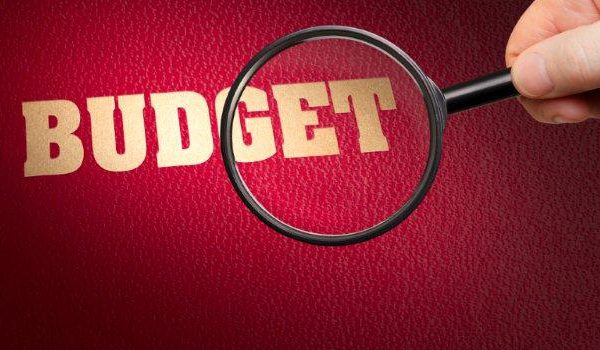Small business has come out on top following the release of the Federal Budget this week, but it is a different story for the petrol and convenience channel, with cigarettes to become as much as $40 per packet over the next four years under newly announced reforms.
Federal Treasurer Scott Morrison delivered his first budget under the leadership of Prime Minister Malcolm Turnbull on Tuesday May 3, 2016, a week ahead of the traditional second Tuesday in May, confirming the government will implement a further four annual 12.5 per cent increases in tobacco excise, with the first increase to take effect on September 1, 2017.
These four annual increases will take Australia’s excise on a cigarette to almost 69 per cent of the average price of a cigarette, close to the World Health Organisation recommendation of 70 per cent of the price of a cigarette. It is expected the net impact of the tobacco measures will raise $4.7 billion over the next four years. In addition, from July 1 2017, the government will also limit the duty free tobacco allowance to 25 cigarettes or equivalent from the current allowance of 50 cigarettes.
The Australasian Association of Convenience Stores (AACS) has labelled the tobacco excise a “lazy yet predictable move” and says it “punishes honest retailers, supports criminal gangs and hurts low income earners.”
“The tobacco excise increases that were insultingly glossed over in the budget presentation will impact many businesses, particularly the small businesses that the government claims it is trying to support,” AACS CEO, Jeff Rogut, said.
“Legal tobacco represent approximately 37 per cent of a typical convenience store’s sales and for each tobacco product sold, the government already collects a handsome sum. However with endless excise increases the government is shooting itself in the foot, as the criminals behind the smuggling and sale of illicit tobacco in Australia benefit every time the cost of legal tobacco rises.
“This has made Australia one of the world’s most lucrative markets for illicit tobacco. Of course, the government collects no excise on the sale of illegal tobacco, missing out on $1.35 billion in lost tax revenue last year alone.”
“This short sighted, lazy and discriminatory move ensures the government will continue to lose excise revenue to criminals. It’s the opposite of innovation,” he said.
“The pretext that this has anything to do with improving health outcomes doesn’t even appear worth repeating. The tobacco tax rip-off has never been about health and the government no longer even bothers to convince us that it is.”
Meanwhile, the Australian Retailers Association (ARA) has welcomed the Federal Budget’s move to bring spending under control while announcing company tax cuts for small to medium business and personal tax cuts for consumers. The retail lobby group also commended the government on its path to reduce spending while supporting consumer and business confidence in a soft confidence pre-election environment.
Budget measures include reductions in the company tax rate to 25 per cent over 10 years with the first cut applying in 2016-17 when the tax rate for businesses with annual turnover under $10 million will be 27.5 per cent. Changes to the personal tax threshold to offset bracket creep are also expected to provide a boost for consumer confidence and spending. According to the ARA corporate tax cuts will help small to medium businesses and the millions of people they employ.
“Introducing new measures to support business and delivering stimulus to the hip pocket on top of the RBA interest rate cut will be just what the doctor ordered for retail,” Mr Zimmerman said.
Additional measures to combat illicit tobacco
The Federal Government will also provide $7.7 million over the next two years to expand the Department of Immigration and Border Protection’s Tobacco Strike Team to combat illicit tobacco.
It has declared it will also reform the Customs Act 1901 and Excise Act 1901 to provide enforcement officers with access to tiered offences and appropriate penalties, increasing the range of enforcement options available for illicit tobacco offences, stating,”these changes will improve the health of Australians by reducing their exposure to tobacco products and will ensure that tobacco products consumed domestically are fully taxed and comply with Australian regulations.”

